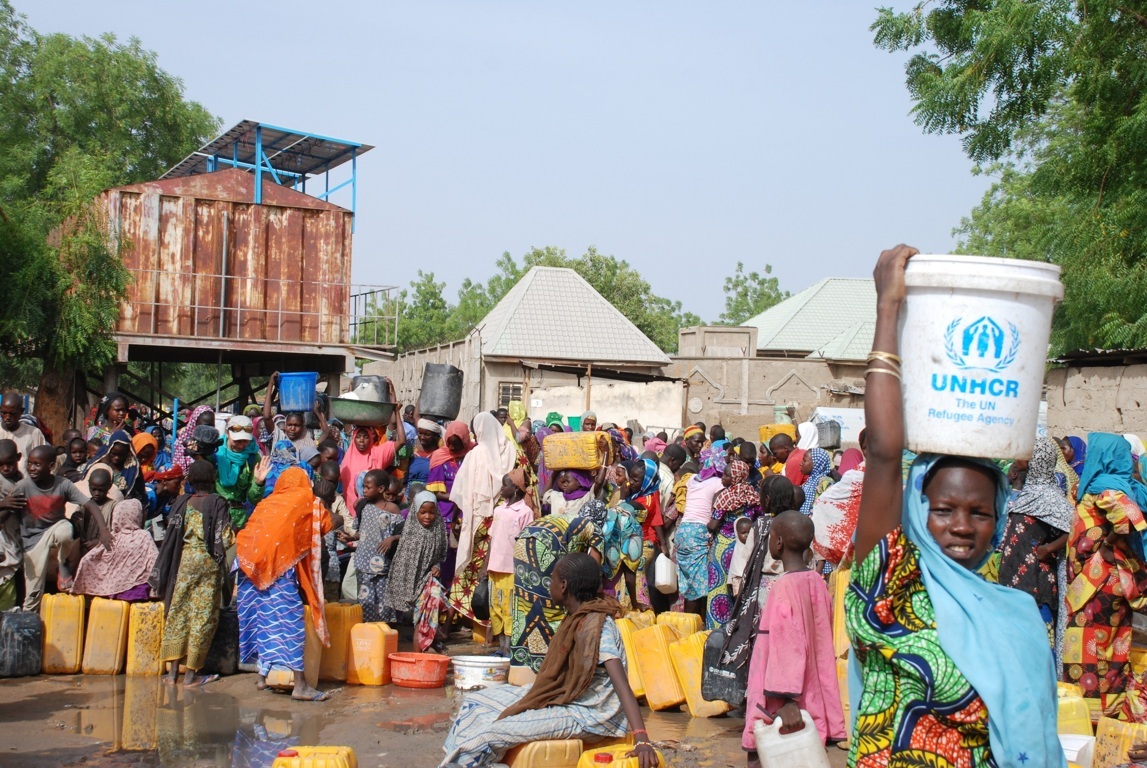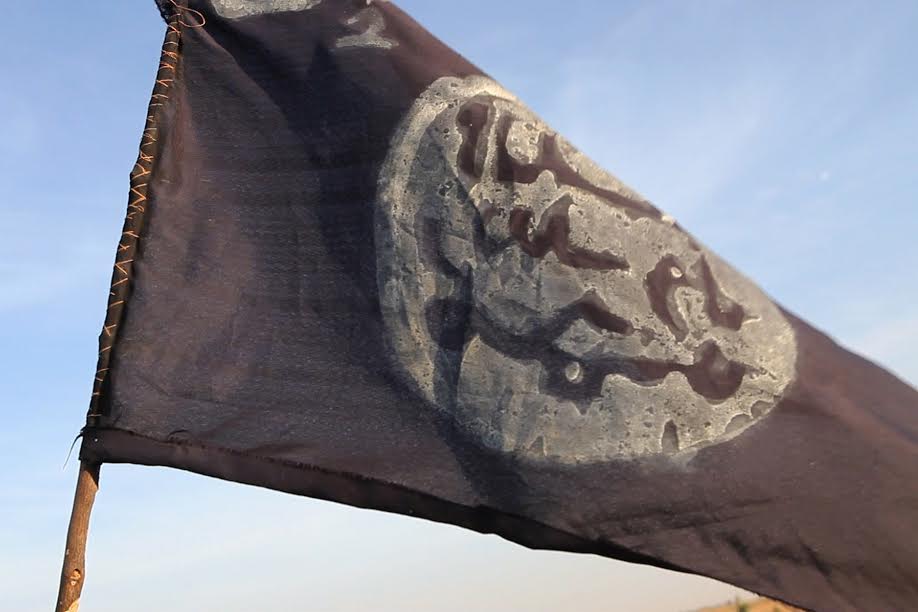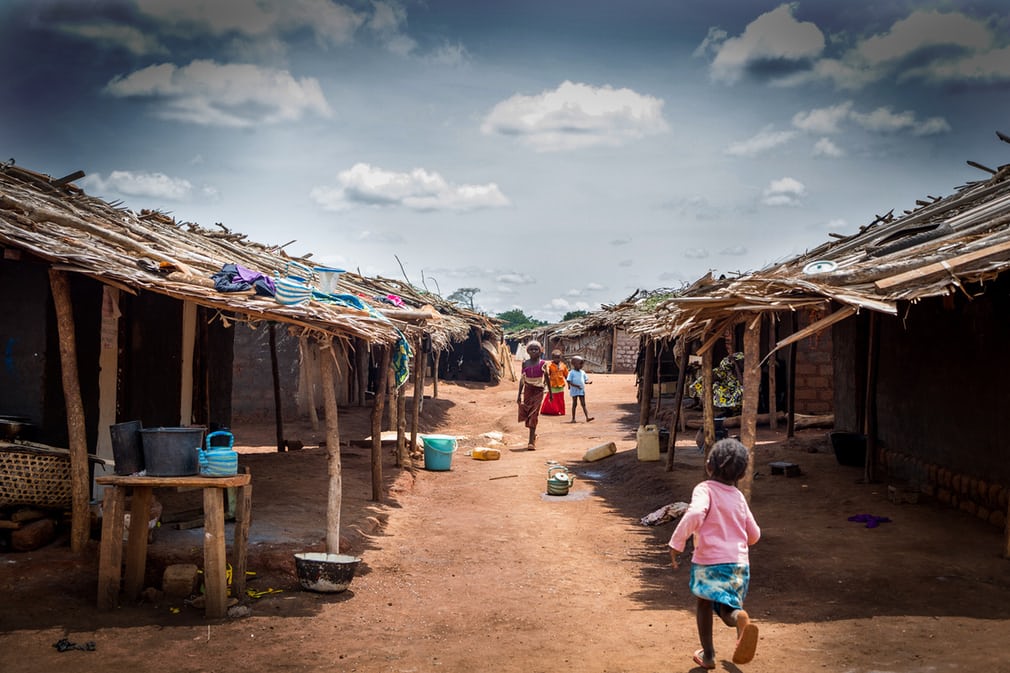
Displacement follows terror: Rights of millions concerns our world.
by Revati Tongaonkar October 6 2017, 5:00 pm Estimated Reading Time: 3 mins, 16 secs"They forced us onto trucks like animals". A 55-page report titled thus has shook the world. The document, chronicles the atrocities committed by Cameroonian soldiers, torturing, assaulting and abusing Nigerian refugees seeking asylum from Boko Haram in their neighbour nation. Boko Haram is an Islamic terrorist group based out of North Nigeria. The name comes from the Hausa word Boko, meaning 'fake' and the Arabic word haram, meaning 'forbidden', translating to mean 'fake, or 'western' education is a sin'. Boko Haram traces its origins to 2003, when they began demands for a separate Muslim state in northern Nigeria, away from the Christian-dominated southern half. It subsequently underwent increasing radicalization, leading a violent uprising in 2009, and a mass-breakout from jail in 2010. The situation has only worsened since then, with the group changing their modus operandi, attacking soft targets, making surprise assaults, and even suicide bombings of police buildings and United Nations offices in Abuja, the capital. The government in Nigeria subsequently declared a state of emergency in 2012, and made a military pact with neighboring Chad, Cameroon and Niger to combat the growing insurgency in the nation. Meanwhile Boko Haram gained influence, spreading across to the bordering countries, carrying out mass killings and abductions, including the kidnapping of 276 schoolgirls from Chibok in April 2014. The government has attempted to fight back, but corruption in higher ranks have hampered honest efforts.

Under the backdrop of a terror-torn country, at least 2.3 million people have been displaced due to the conflict, fleeing to wherever they can find land. Cameroon, which has a history of taking in millions of refugees for the last fifty years, has proved home to several thousand Nigerians as well. However, since the past few years, the scene at the borders have been slightly different. Increased tensions at the refugee camps have led to the Cameroon government sending back quite a few of the refugees to Nigeria and danger.

Since 2015, with a growing presence of the Boko Haram in northern Cameroon, the army has deported at least 100,000 refugees back to war and uncertainty. The soldiers of the army are known to have taken extreme measures, indulging in extreme brutal physical violence and verbal abuse. Running from grueling conditions only to be pushed back, several Nigerians have lost their lives, struggling against adverse conditions for survival, with no formal support. Although the UNHCR has support posts at the borders, and provides medical aid and victuals regularly, the support is poorly funded, and diminishing at a swift rate- it currently has less than a quarter of the $94m it needs. The UN also has only limited access to camps for refugees, not being able to help all.

With insurgency spreading in Cameroon, the government has responded in military terms- the army has come under flak for allegations of abuse of the refugees, with witnesses and survivors reporting how they demanded sex from the women if they wanted to avail of food and aid, hitting some refugees, and now, sending them back. Women have also been called 'Boko wives', and several have apparently been arbitrarily accused of harbouring terrorist sentiments. Cameroon, although known as a haven for refugees earlier, has now come under scrutiny for human rights violations from international bodies. Although the government has the right to deport non-nationals, it is obligated, under International refuge and human rights law, as well as African regional refugee law to send any civilian back to areas where they are subject to risk of torture. The government should take care to remember that while going back on their written word is matter of a statement to them, going back to a war-torn zone may mean never making it out alive for hundreds of people.
Source:
https://www.hrw.org/news/2017/09/27/cameroon-mass-forced-return-nigerian-refugees
https://www.hrw.org/report/2017/09/27/they-forced-us-trucks-animals/cameroons-mass-forced-return-and-abuse-nigerian#page
https://www.theguardian.com/global-development/2017/sep/27/tortured-abused-deported-cameroon-accused-of-driving-out-100000-nigerian-refugees-human-rights-watch
http://edition.cnn.com/videos/world/2016/05/18/boko-haram-nigeria-stephanie-busari-mobile-orig-mss.cnn/video/playlists/intl-boko-haram-nigeria/
http://kora.unhcr.org/northeast-nigeria-refugees-returning-cameroon-facing-new-emergency-situation/





-173X130.jpg)
-173X130.jpg)
-173X130.jpg)
-173X130.jpg)

_(7)-173X130.jpg)
-173X130.jpg)